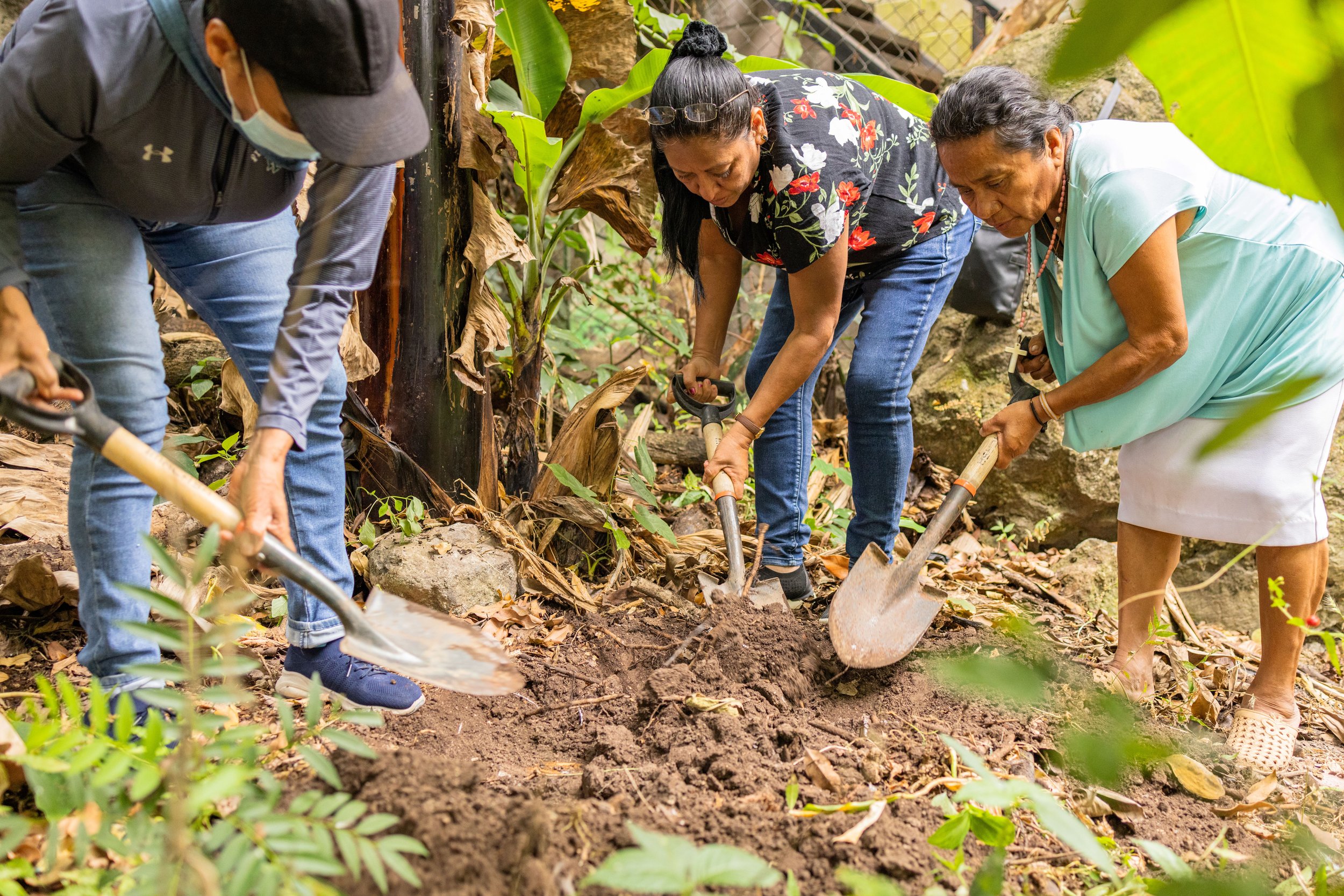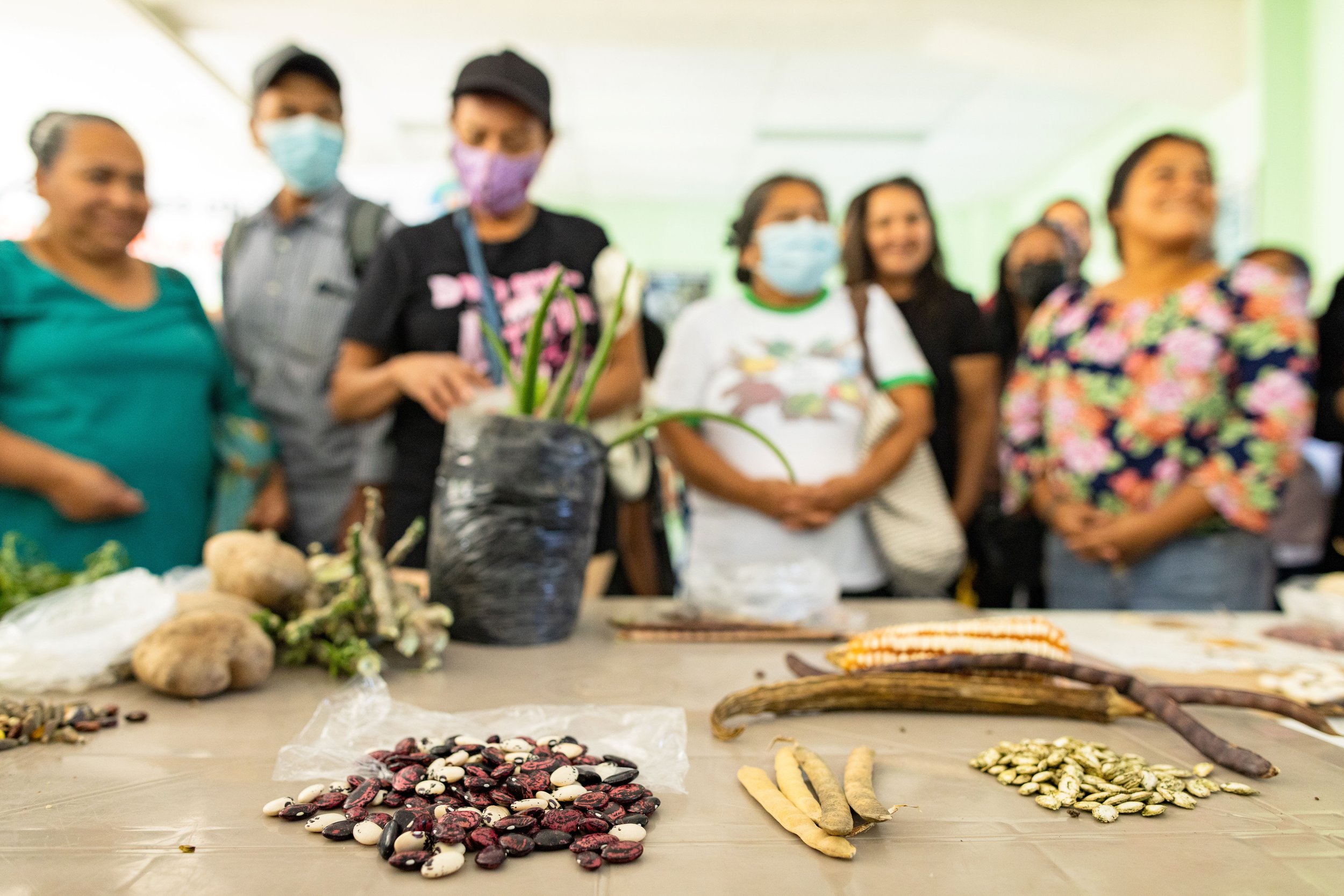WORDS BY NEHAA BIMAL & IMAGES BY JAMES KAO
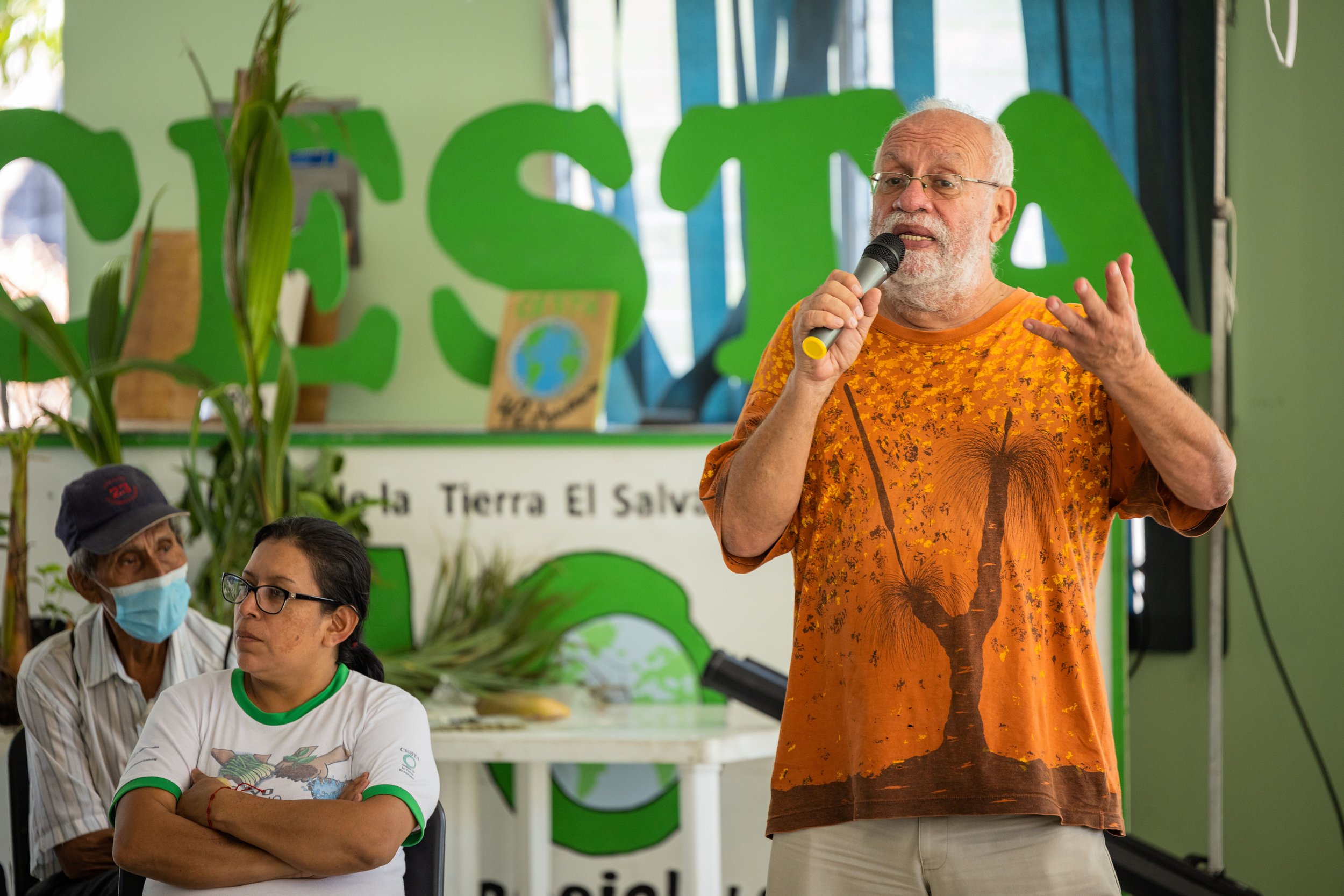
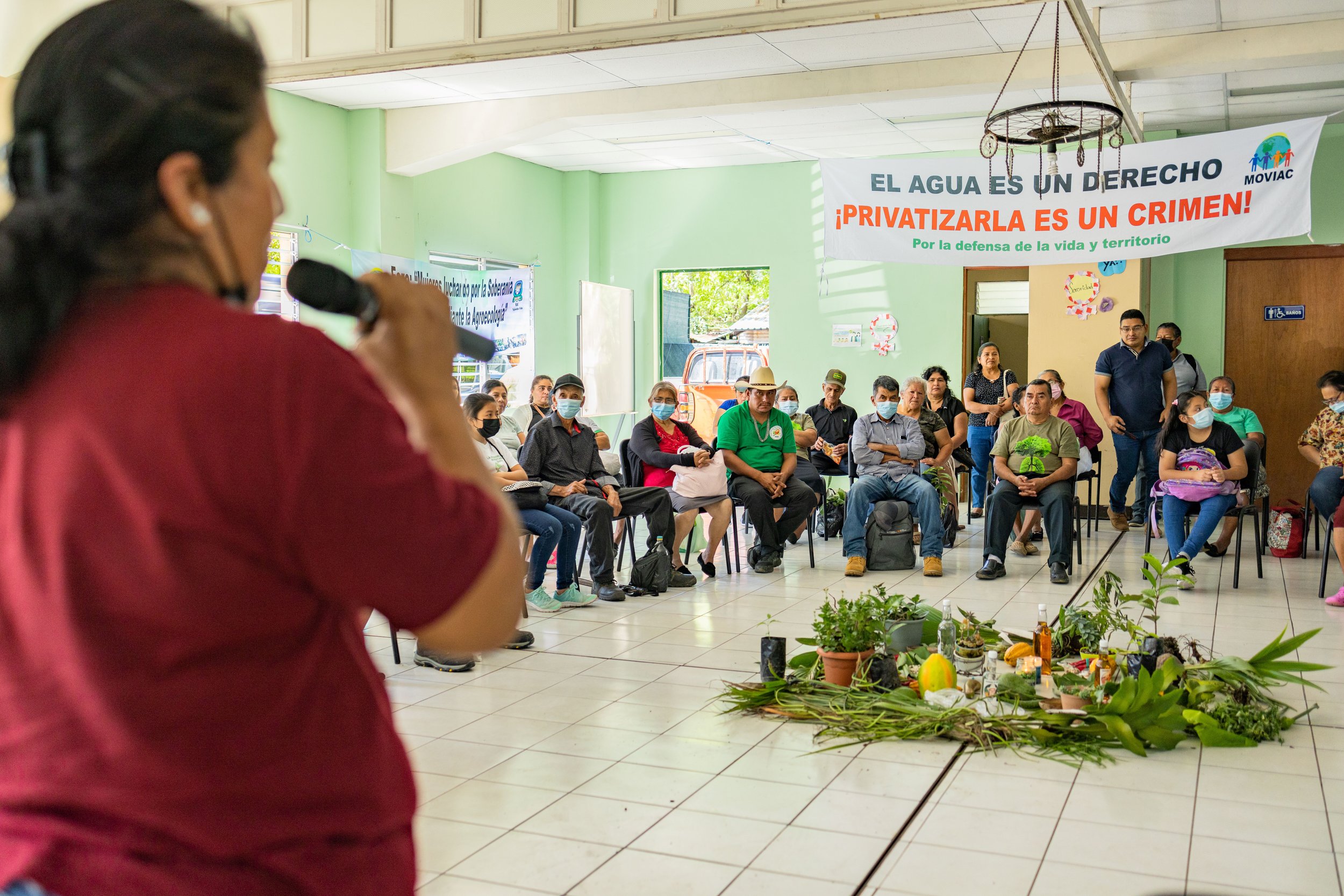
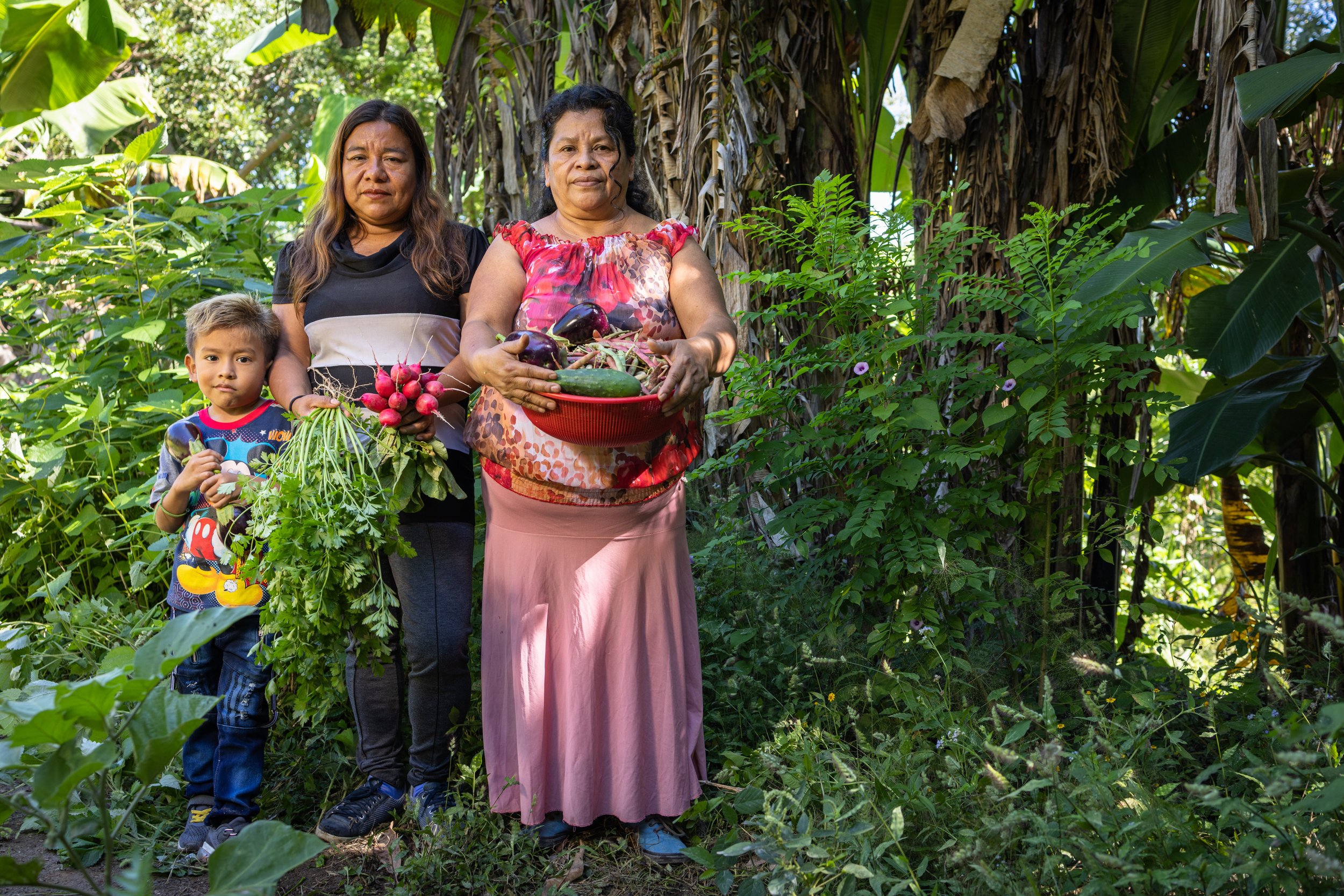
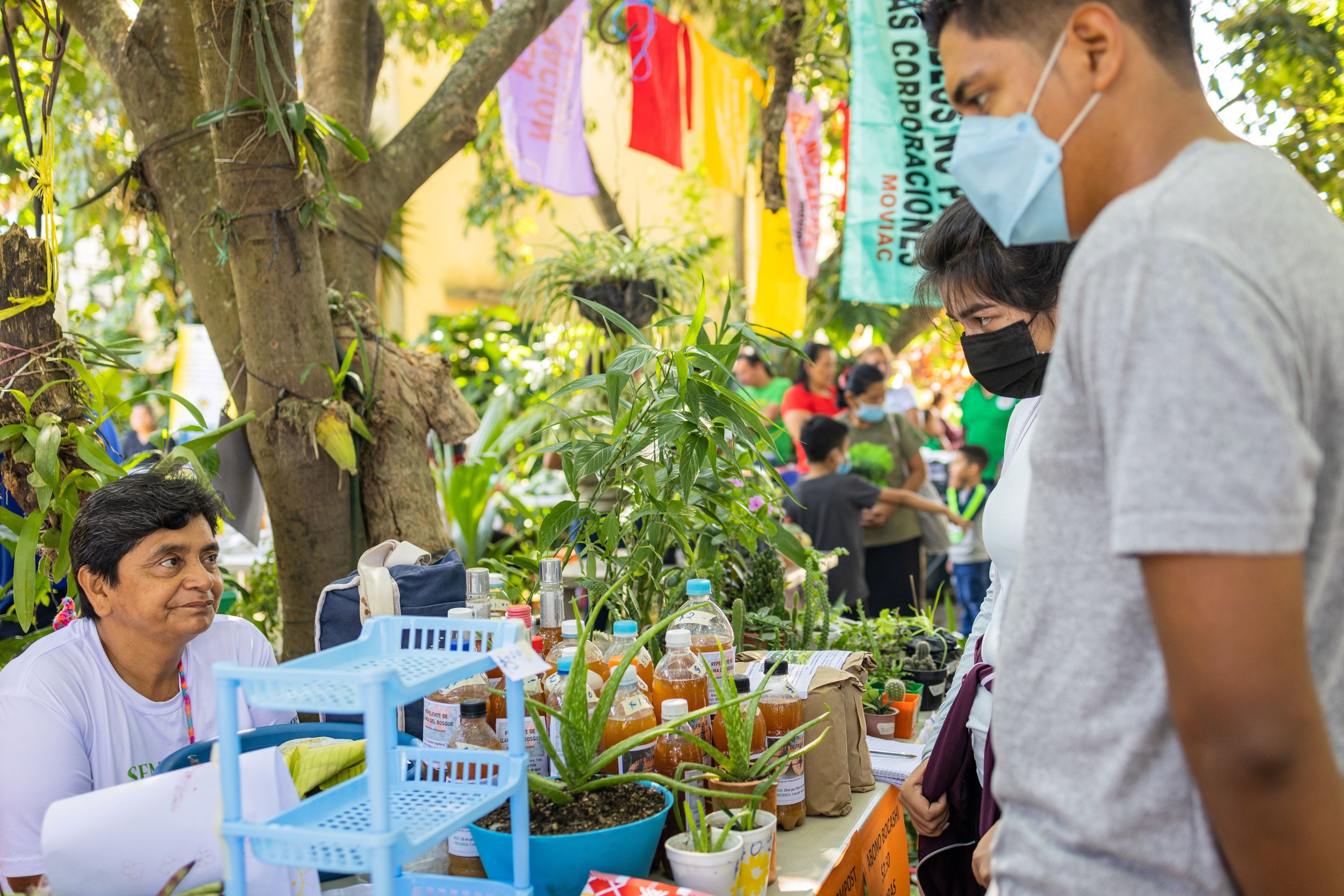
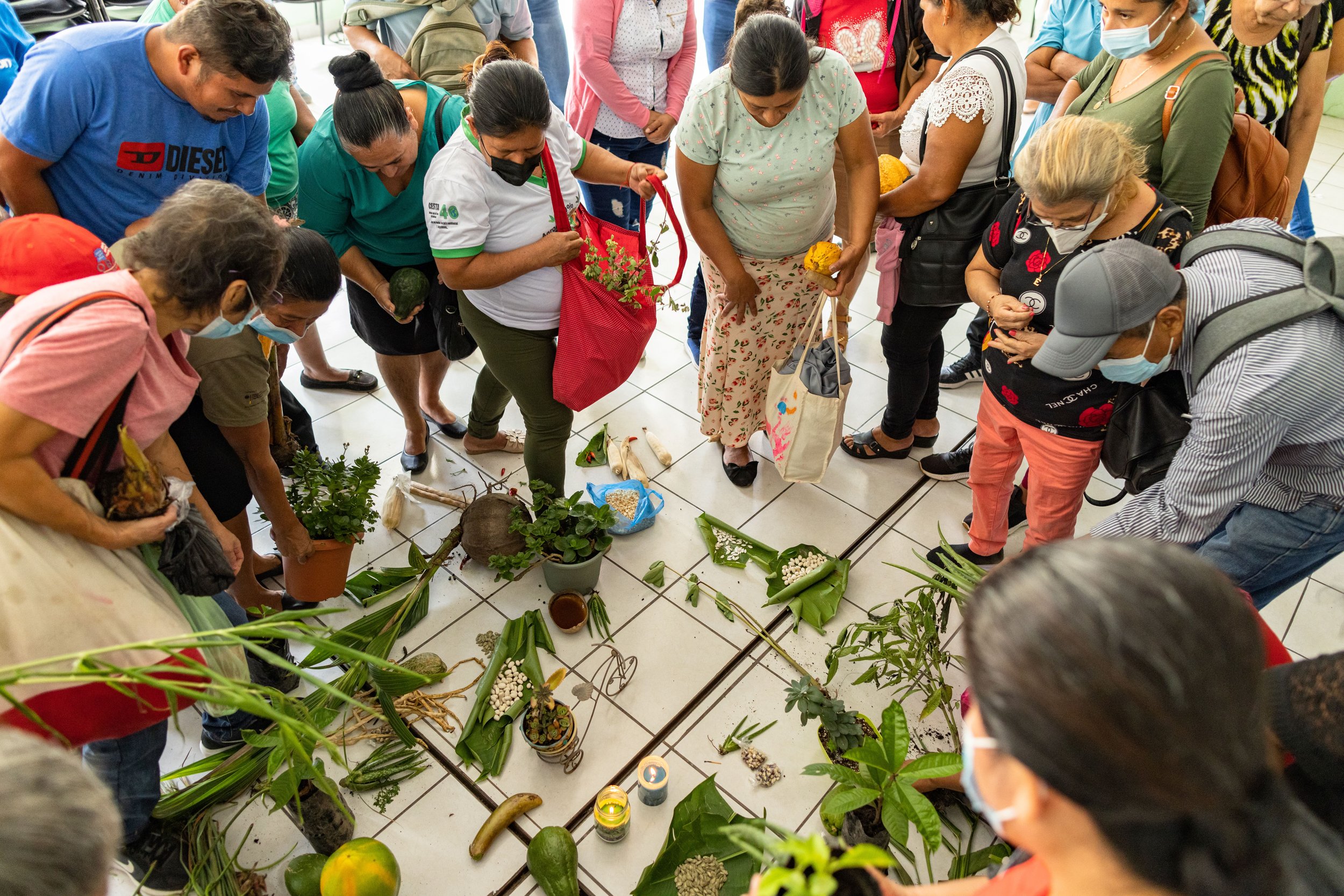
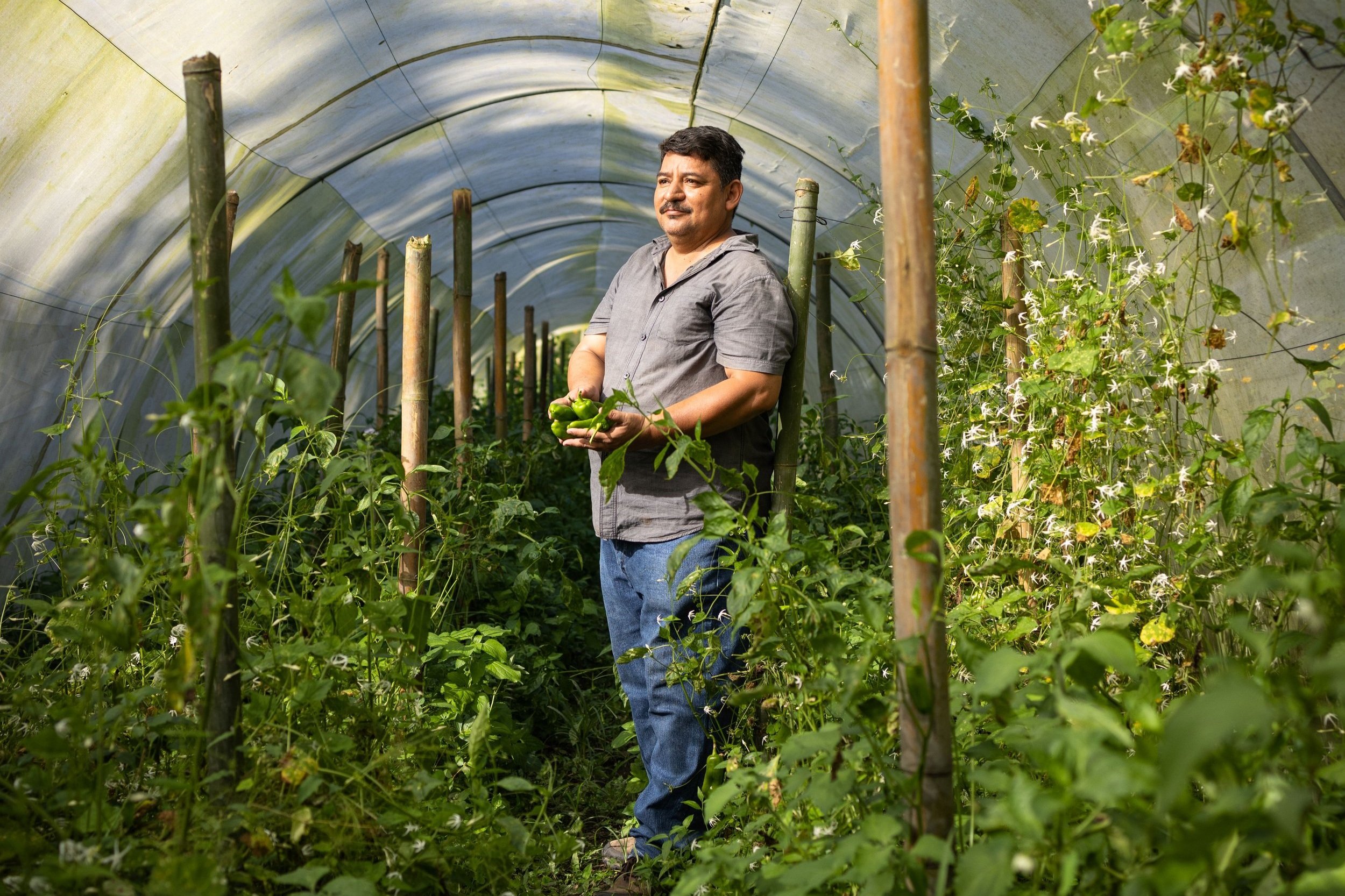
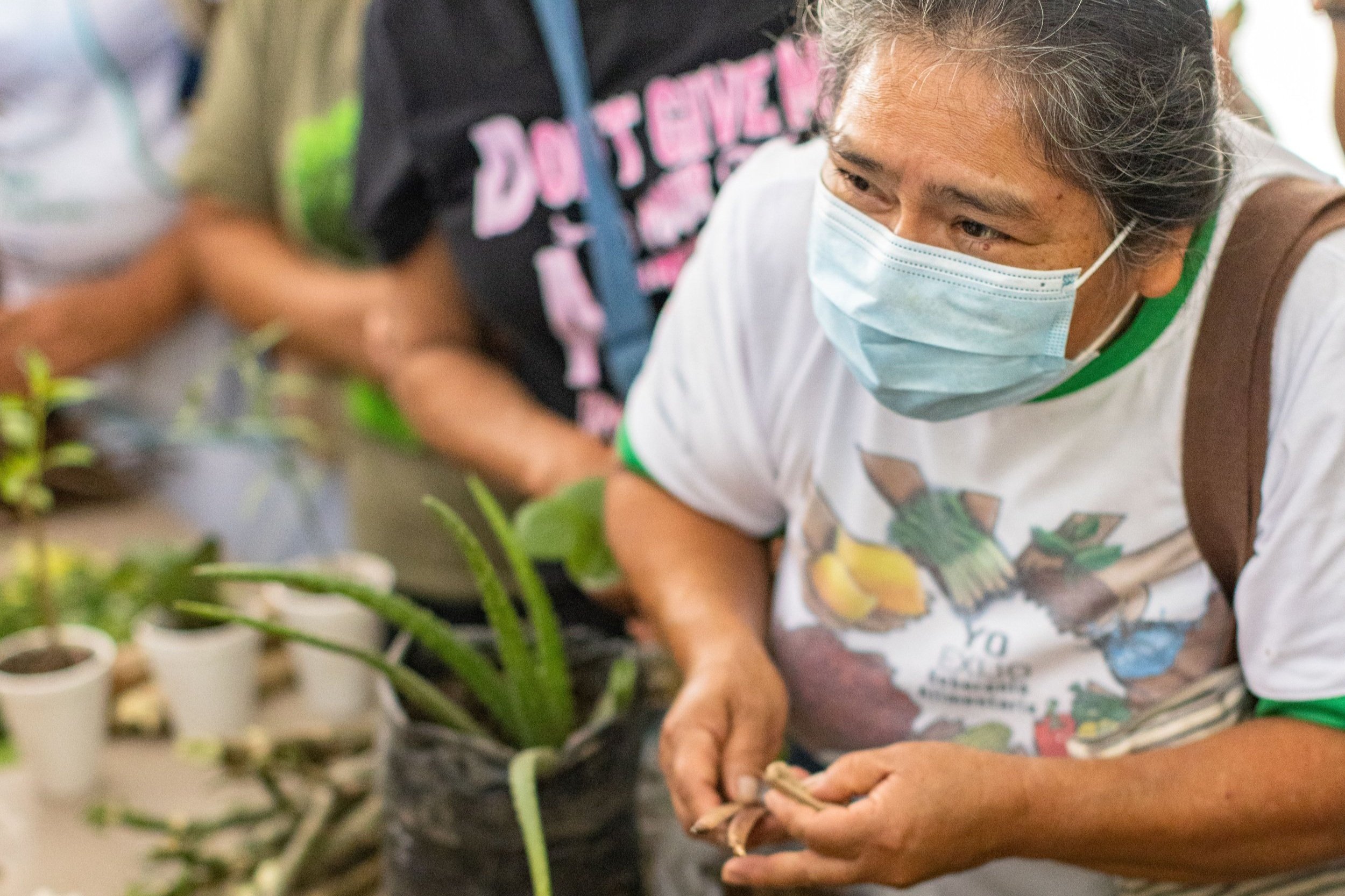
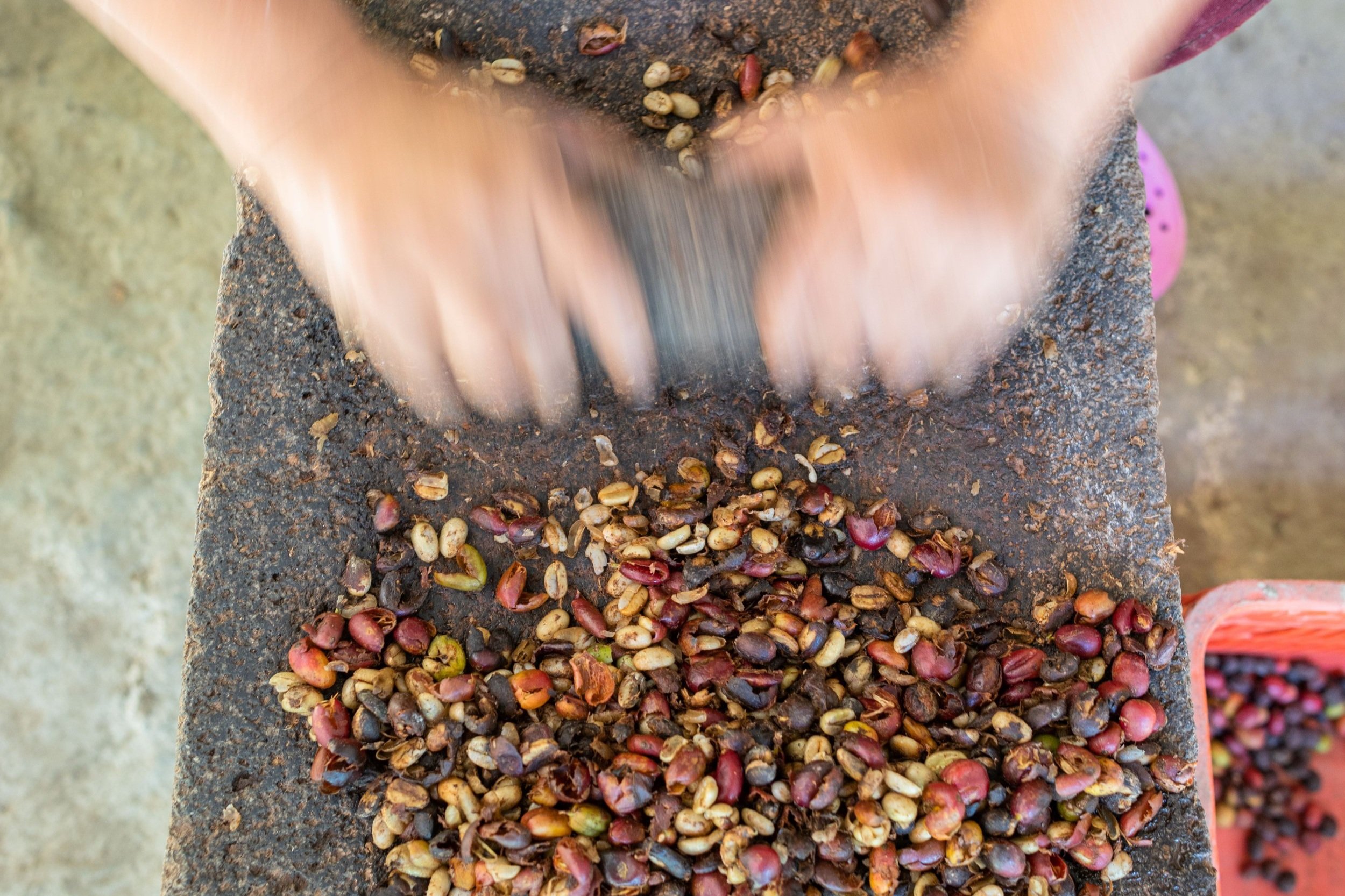
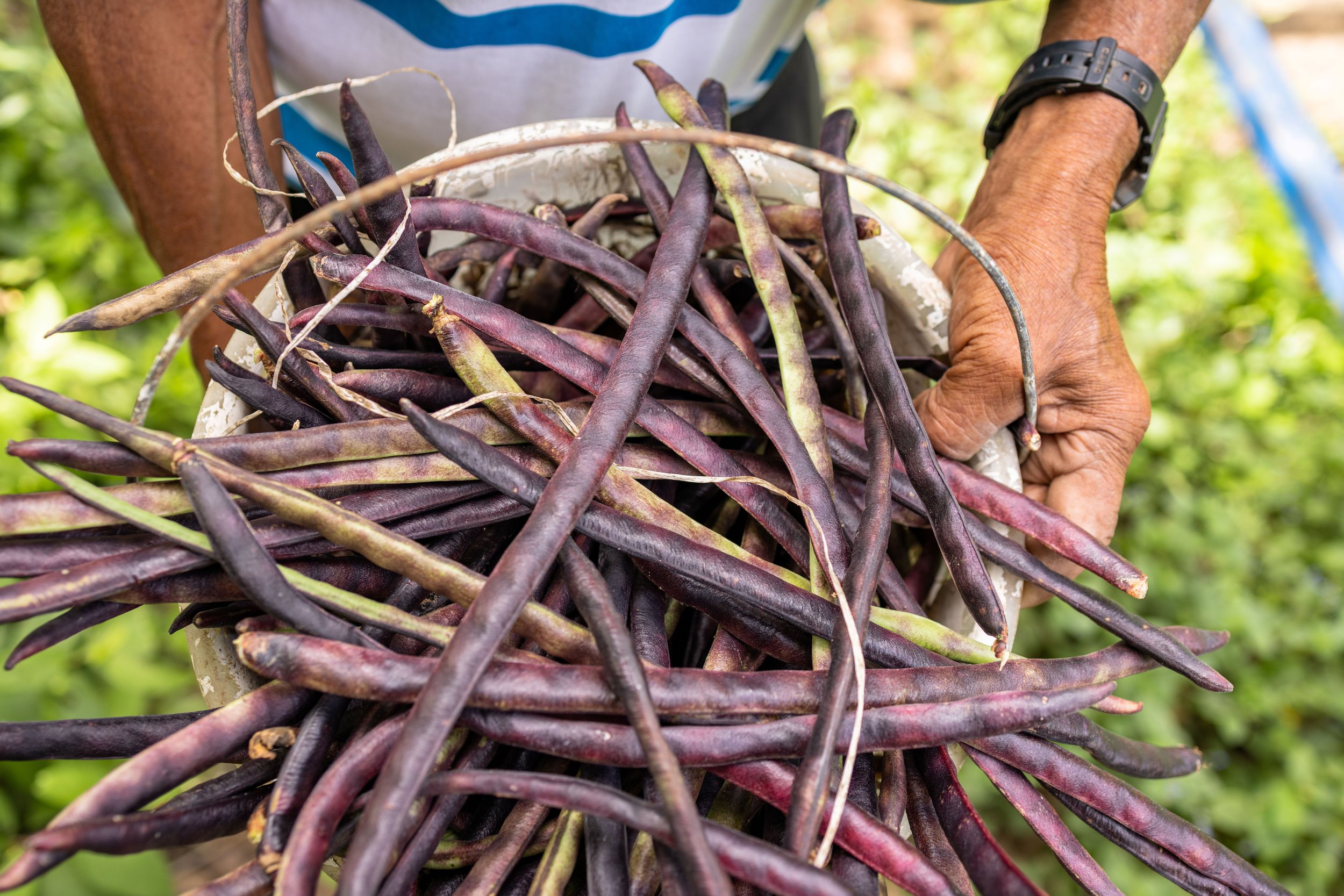
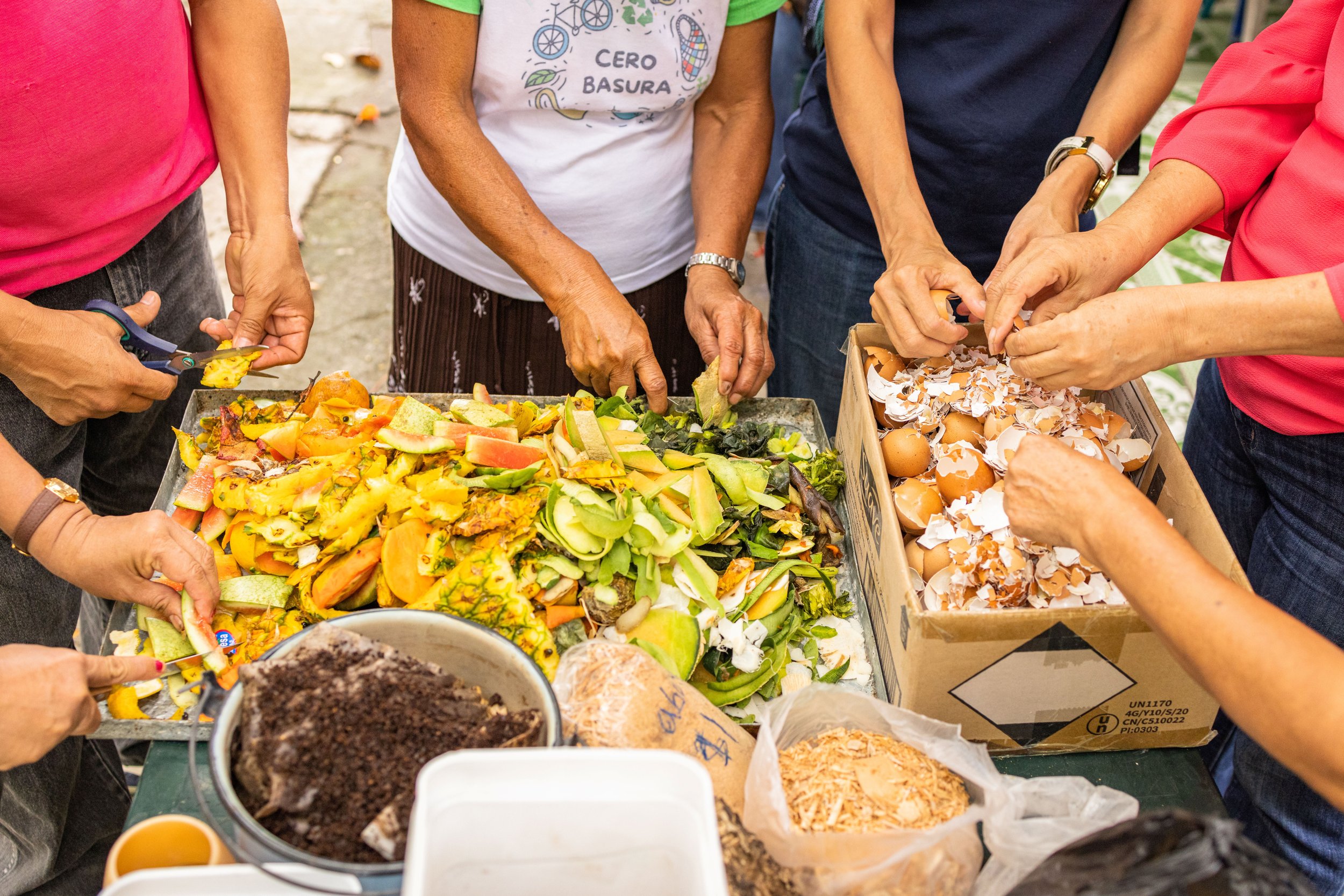
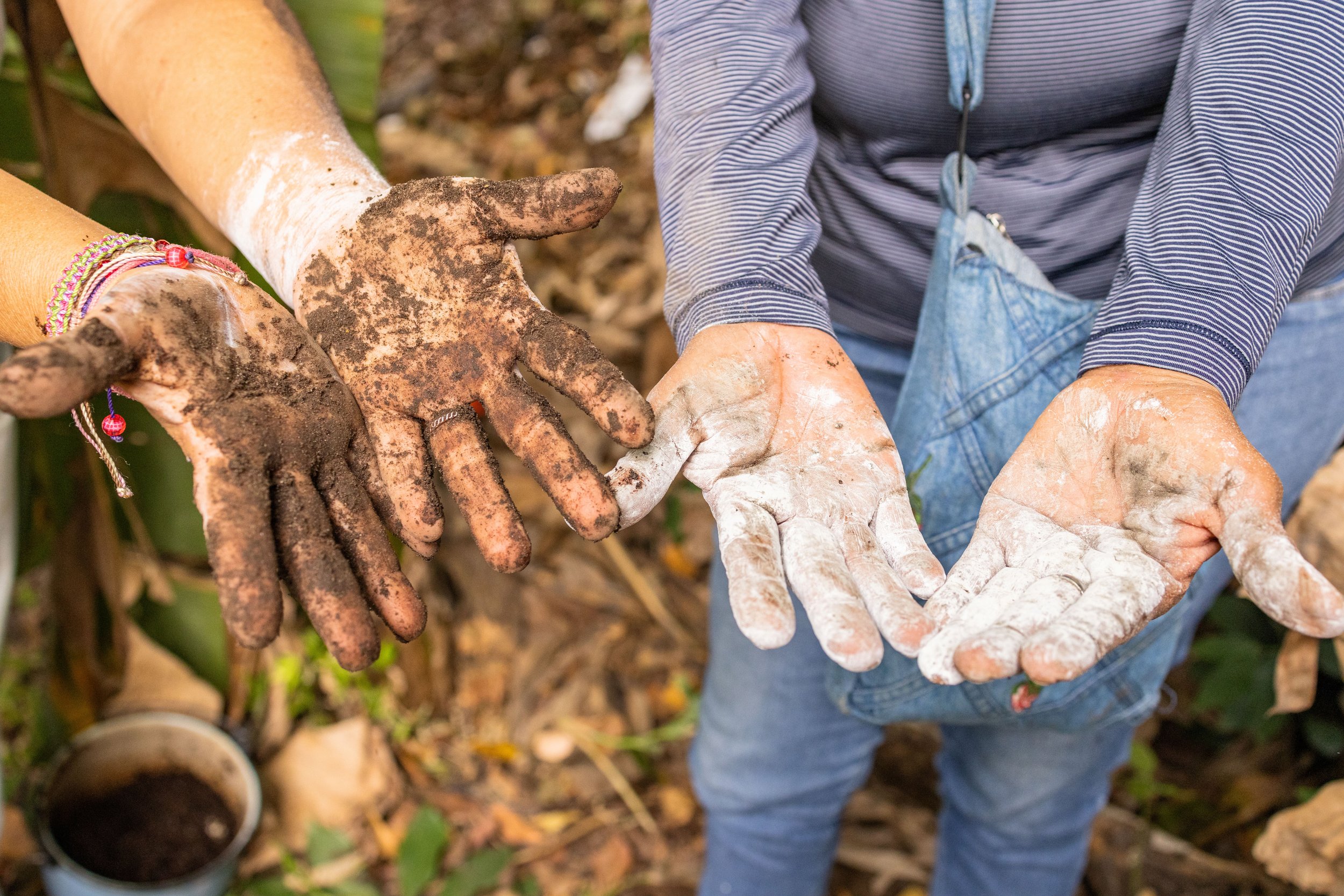
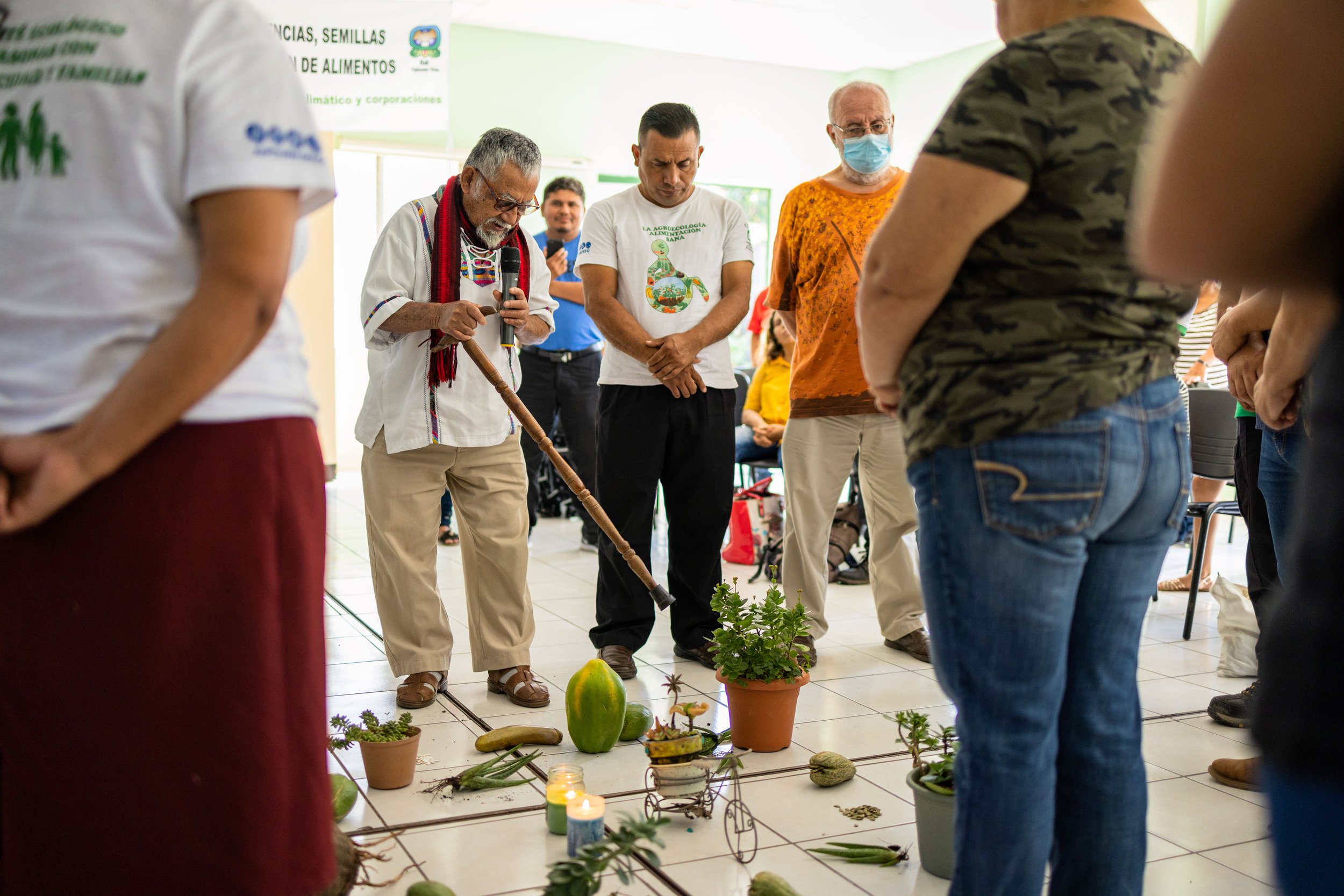
The International Cooperative Alliance defines cooperatives as “people-centered enterprises owned, controlled and run by and for their members to realize their common economic, social, and cultural needs and aspirations.” One of the major goals of a cooperative is to balance the needs of the community with those of the community members by encouraging individual empowerment; people work together, are often provided instruction and safer working spaces, and make individual salaries.
Cooperative initiatives are meant to empower vulnerable groups such as Indigenous people, refugees, youth, the elderly, migrants, women or people with disabilities, by covering a wide range of economic sectors and social needs, including access to housing, energy, markets, decent work, financial services, water or fresh and quality food.
According to the Consultative Group for International Agricultural Research, women make up 43% of the agricultural labour force. However, despite supporting households by providing food from farm to table, generating income and achieving nutrition security, rural women are still placed at a disadvantage. Without access to the same productive resources as men, such as land, fertilizer, equipment, improved seed varieties and agricultural education, female farmers are yielding and earning less than their male counterparts, despite working longer hours.
Portrait of a woman with her eggplants.
Women’s cooperatives, such as female farming cooperatives, assist women to, “grow their social capital, improve self-esteem and self-reliance, acquire a greater voice in decision-making, and collectively negotiate better contract terms, prices and access to a wide range of resources and services including: agricultural resources and assets; markets to commercialize their produce; credit, capital and other financial services; and social services” (FAO 2012).
On assignment for Photographers Without Borders in El Salvador in November 2022, photographer James Kao highlighted the work done by the Salvadoran Center for Appropriate Technology (CESTA) through their sustainable urban initiatives.
“We do not work with agricultural cooperatives but with talented and creative women who have a common goal to fight for their families against the adversities caused by the environmental and economic crisis,” writes CESTA’s Emma Victoria García on the female farmers who are a part of a collective structure called the Network of Women Producers of the Southern Area.
Start of the seed exchange, with participants examining and collecting seeds they wish to take home.
This network consists of 50 women belonging to seven groups from the municipalities of San Marcos, Santo Tomás, and Santiago Texacuangos in El Salvador.
James visited two community farms during his trip that were run by these female farmers. They grow a wide variety of organic vegetables like eggplant, tomatoes, beans, and lettuce, sharing in the work and harvests equally. Many of the plants they grow can also be used as natural remedies for ailments. Their diverse products, which they can offer at local markets, is what allows them to generate income.
Top-down view of a woman, with her basket filled with beans and eggplants.
“These crops have been vital in providing food security the last few years during the pandemic when it was often difficult to obtain fresh produce in markets due to COVID restrictions and scarcity of product. These community farms were a lifesaver,” says Kao.
“Seeing all these women working together, you could tell this was a way to build community and friendships amongst them. I saw that some of their kids would be there, playing beside their mothers, and it was a way they could watch their kids and work,” he says.
A woman cooperative member poses with her radishes and her son.
CESTA also provides instruction for these women, teaching them about cultivation techniques, irrigation, soil amending, organic pest management and crop rotation.
In addition to the cooperatives, James had the chance to visit a few individual home farms. These ranged from a small vegetable garden and container garden to a vast hillside area managed by one farmer and his son. “I visited one home farm owned by a husband and wife. The husband was disabled and in a wheelchair, so they had set up a terrace area where they grew potted vegetables that were easily accessible so that he could tend to the plants.” These home farms are a way for elderly and disabled community members to still earn income, as well as provide food for their families.
A man grows edible plants in containers at home in San Antonio, San Marcos.
According to Garcia, these community and home farms “demonstrate that it is possible to produce food without harming nature, focusing on soil health and human health, simply using the available spaces in the garden or the backyard, in the city or the countryside.”
“These experiences allow an accumulation of knowledge that should flow among those who are involved in them so that more families can prepare themselves to survive the environmental crisis,” she says.
Workshop participants dig a large hole to place organic matter to be composted.
While CESTA advocates for small-scale distributed organic farming, it also helps to promote healthy living through good nutrition. James attended a community nutrition workshop at a local home where CESTA team members led a hands-on cooking demonstration for a group of women. This workshop focused on preparing nutritious dishes utilizing locally grown produce and readily-available ingredients. After the meal prep, the leaders led a discussion on the benefits of a nutritious diet for children to help prevent the development of severe chronic illnesses like diabetes, cardiac disease and even cancer.
CESTA also serves its community as an educational centre offering training on a wide variety of subjects such as composting and hosting events like seed exchanges, which are meant to counter the nefarious influence of foreign agritech giants. “With the women producers of the Southern Zone, we promote spaces for exchanging experiences and seeds, field visits, and also promote fairs where the public can purchase all these products,” says Emma Victoria.
Various seeds are displayed on a table awaiting exchange.
The seed exchange and fair event draws people from all over the country to participate in sharing sustainable agriculture knowledge and seeds. This event featured an education forum, a fair for artisanal goods and foods, a seed exchange event and a community lunch where participants brought their own dishware and utensils to reduce plastic waste.
A woman thanks her customer at the fair.
You can learn more about CESTA’s work by reading our previous story, “Bike Program Brings Healing and Sustainability to El Salvador,” and by visiting their website.







